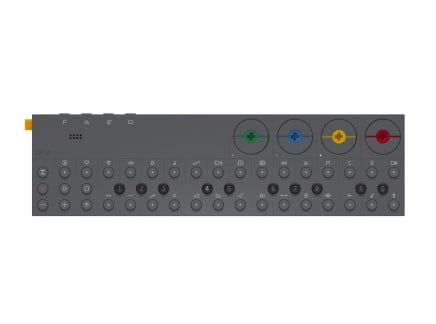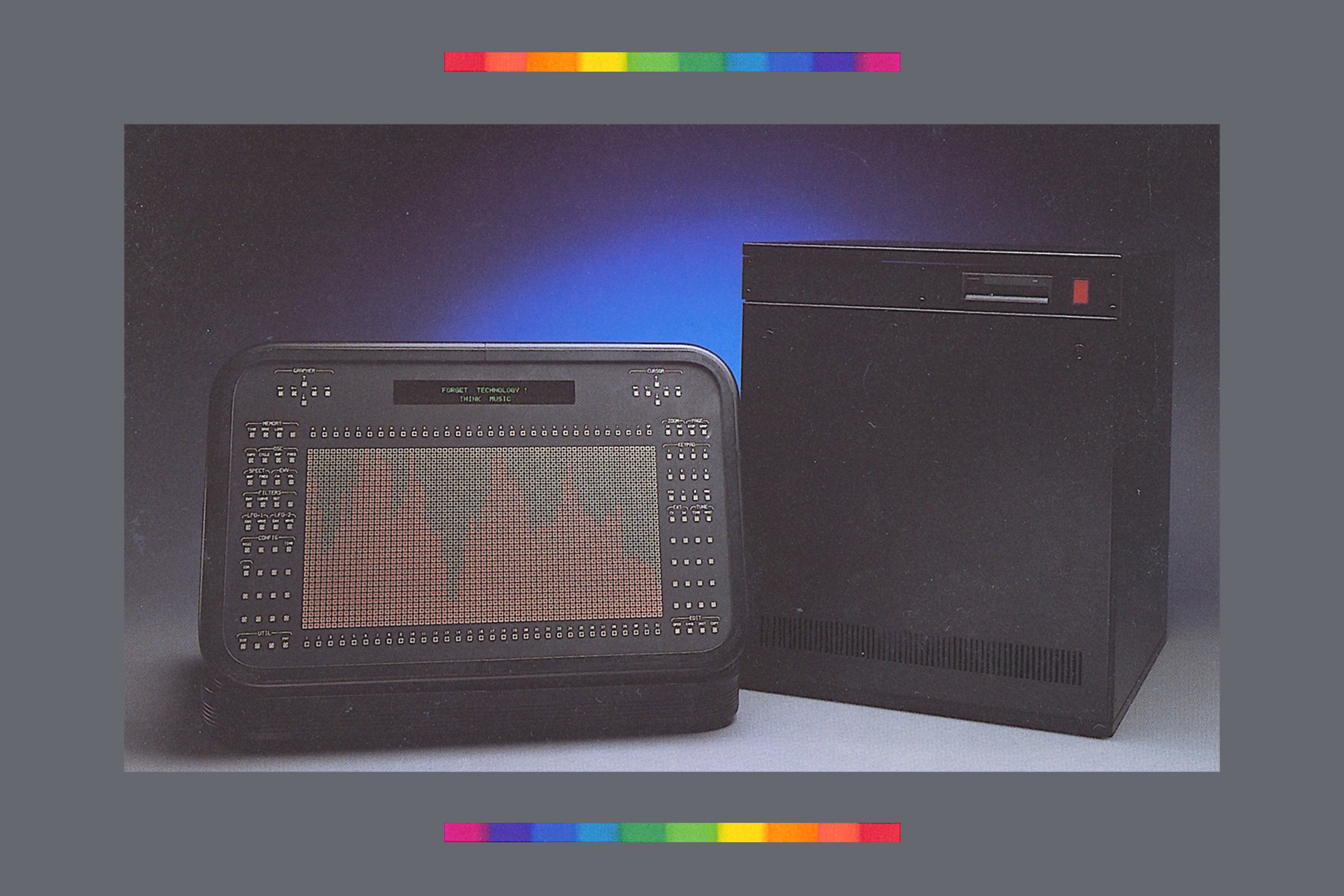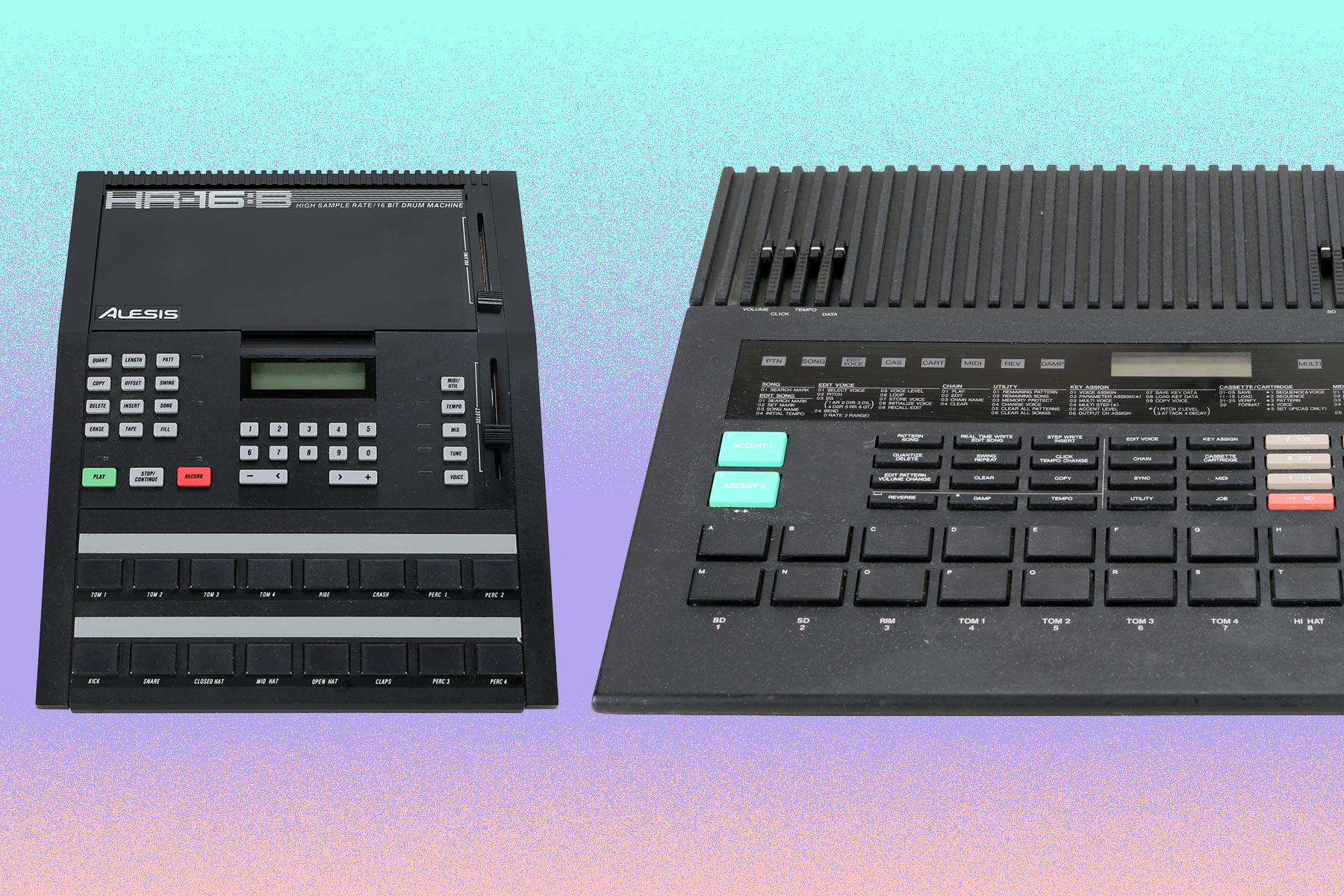Teenage Engineering entered the synthesizer market fewer than ten years ago with OP-1—a portable music-making workstation that some would consider an instant classic. Over the years the company has introduced several new products, collaborated with IKEA, the original OP-1 went out of production, and then made a loud comeback. All the while, the influence of Teenage Engineering as a brand has grown exponentially, and one thing has remained constant across all of their endeavors—a uniquely playful approach to synthesis, as welcoming to novices as to seasoned musicians.
In our recent Perfect Circuit Chat, our hosts BBoy Tech and Trovarsi spoke with Alissa DeRubeis and Moises Horta Valenzuela, both working with the company on developing educational programs and spreading knowledge. Starting with a techno set from Moises, the conversation sprung out into a variety of topics ranging from TE’s approach to product design to the inflated price of the resurrected OP-1 synthesizer. Let’s dive in.
OP-Z
If you are familiar with Teenage Engineering already, you probably know of their shape shifting device OP-Z, which upon its release many falsely considered to be something of a Mark II edition of the OP-1. These days it is as clear as it can be that the two don’t actually share that much in common, except for being portable and extremely flexible. Without the screen, OP-Z may seem cryptic at first, but as it would be expected with Teenage Engineering, there is a reason. All the visual feedback for the device can be easily accessed via a proprietary iOS app, but the shortcuts are simple enough to be memorized and performed live without any need for looking at the screen, so you can focus on making music.
The workflow on OP-Z is centered around the multi-speed 16-track sequencer, which can be used both for sequencing internal synth engines and outboard gear, whether via MIDI or CV/Gate (more on that later). Given the infinite step amount, parameter locking, and independent track length and speed, OP-Z is a true sequencing powerhouse. In fact, everything in Moises's livestream set was sequenced with the machine.
Furthermore, OP-Z can be considered as a multimedia instrument, and just a sound synthesizer. It is fully equipped for graphics, image, and DMX sequencing, as well as being a Unity 3D and virtual reality hub. Altogether the machine is a true renaissance instrument designed for providing a full-bodied synesthetic experience unlike anything else.
Speaking of connectivity and integration, the instrument is somewhat modular. There is a small compartment inside the synth which can host a variety of add-on modules like the mini-subwoofer Rumble or Oplab CV/Gate interface to connect it to a modular synthesizer. And you don’t have to jump all into the deep waters of Eurorack to enjoy the latter, thanks to the brand’s very own PO modular series.
Pocket Operator Modular
As most things from Teenage Engineering, their modular synthesizers are framed around three main elements: portability, design, and playability in the widest sense of the word. A journey with PO modular doesn’t start with plugging the synth into the wall wart and patching, but rather you start playing with it by building it first—like you would with a Lego kit. While that process seemed to have a few spikes along the way when the synths were initially released, they have since addressed these minor construction hiccups, making the process of building your PO Modular much more intuitive and pleasant these days. This approach to starting your modular synth adventures not only provides quality time reminiscent of one’s childhood, but also starts the process of learning the components of your synth, and effectively establishes a uniquely intimate relationship with the instrument.
There are three versions to select from. PO Modular 16, the smallest member of the family, is a Serge TKB-inspired touchplate-based keyboard/sequencer controller. The medium sized PO Modular 170 is a classic single-voice subtractive mono synth with a dedicated keyboard controller. This is the synth that Moises extensively used in his performance. Finally, PO Modular 400 is the largest sibling, carrying the highest number of modules on board. With three oscillators, a sequencer, dedicated noise source, LFO, random voltage generator, two envelopes, a low pass filter, and two VCAs, this little beast can easily compete in its sonic power with some of the larger modular systems out there.
It needs to be mentioned that PO Modular synths are fully integratable with Eurorack format, so whether you already have a system or planning to get one, all the two will need to communicate is long enough patch cables.
Pocket Operators
The PO series of instruments from Teenage Engineering has been one huge factor responsible for the rapid and extreme popularization of the brand, and rightly so. Priced below a hundred dollars, Pocket Operators are packed into a small calculator-sized enclosure. Equipped with a powerful sequencer, internal memory, and vintage-looking display with cute graphics, and with the sound that can rival some of the larger and “more serious” synths out there, the machines became an instant hit, and remain such to this day. On some level, Pocket Operators are like the music world’s Tamagotchis, but happily they don’t die if you don’t feed them. Given how easy it is to operate them, and the overall low barrier to entry—POs are perfect tools to start learning the ropes of electronic music making.
Teenage Engineering Electronic Music School
While we are on the subject of learning electronic music, Teenage Engineering is on a mission to make this process as fun and exciting as possible. This is precisely why Alissa DeRubeis, whose previous experience included fostering educational programs and workshops at Synth Library Portland, joined the company.
TE seem to view education as a multilayered process where learning happens not only by reading the manual, but intuitively through a specific approach to instrument design, and collaboratively, where users from different levels share patches and projects with online community, and as such elevate each other (as in the case with OP-Z user base). This is not where it ends though, as Alissa mentions in the chat that they are constantly working now on developing new education projects...so hold onto your seats, there is more to come soon.








